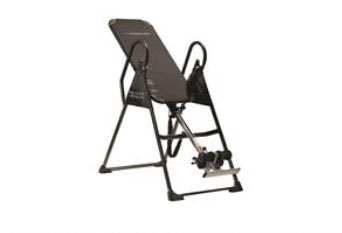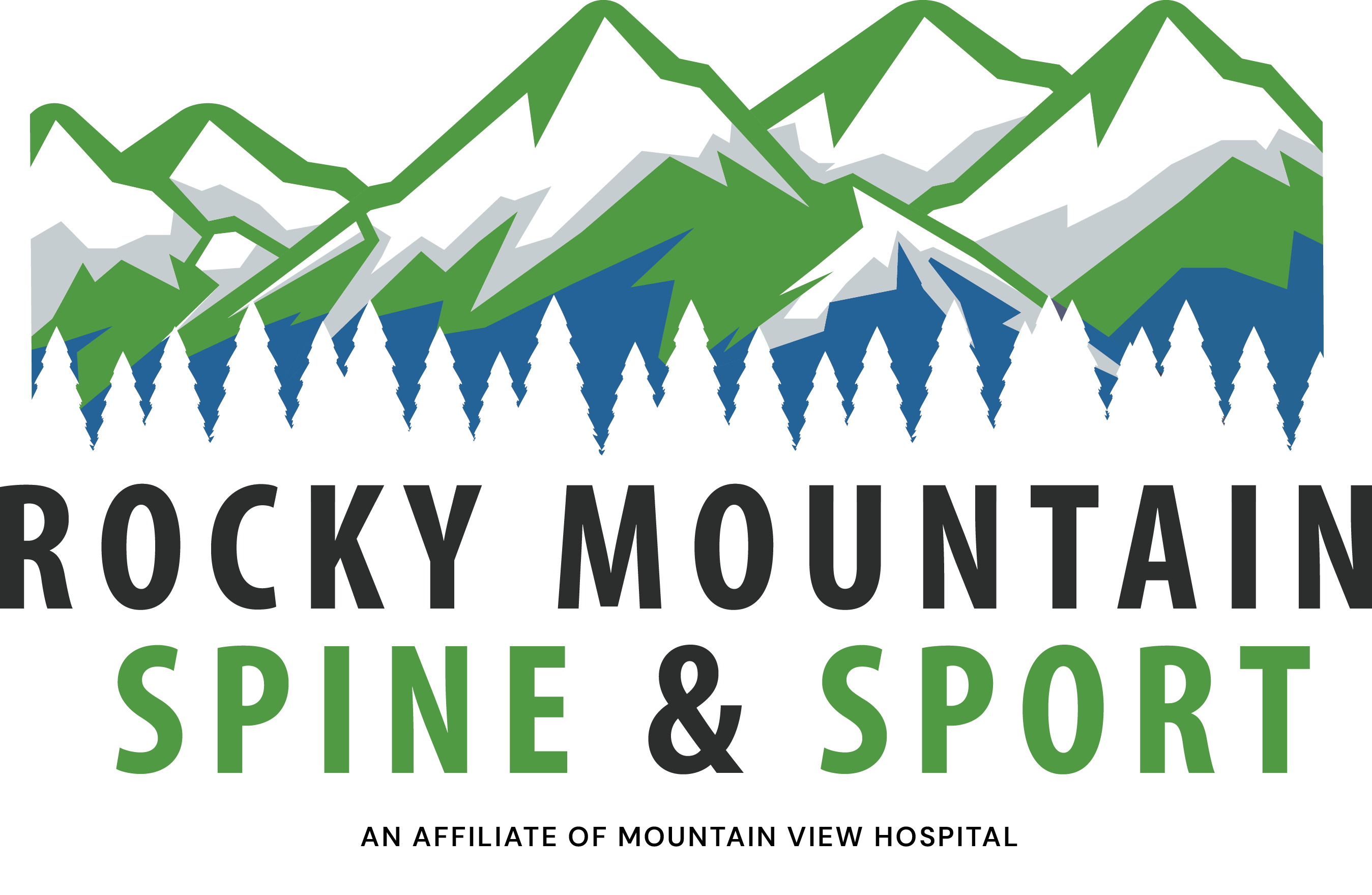Inversion Table
 I often get asked questions about inversion tables. Even though these products have been around for decades the ability to market products has become easier with our advancing technology. Every provider has their initial assumption on a product, is it safe, will it help with the condition, is it affordable? Honestly, I was skeptical-- -my thoughts were always if this was such a good alternative, why weren’t we recommending this treatment ourselves. Medicine is a very fluid science, it changes with time, technology and reputable studies.
I often get asked questions about inversion tables. Even though these products have been around for decades the ability to market products has become easier with our advancing technology. Every provider has their initial assumption on a product, is it safe, will it help with the condition, is it affordable? Honestly, I was skeptical-- -my thoughts were always if this was such a good alternative, why weren’t we recommending this treatment ourselves. Medicine is a very fluid science, it changes with time, technology and reputable studies.
If it is a good, helpful modality to treatment, we will use it in practice-- -hence my skepticism as I do not recommend inversion tables as a standard course of treatment for spinal pain. My question was, can a product that in essence tips up upside down for a few minutes at a time make a difference in your spinal symptoms when by comparable fashion you are on your feet with gravity undoing the inversion for much higher percentage of the day? If you search the web you will find any number of studies that will tell you what you want to hear; however, the big question is, what do the reputable, independent studies show-- -do inversion tables work?
So, I looked for good, solid studies to determine if inversion therapy had scientific documentation to prove it was a worthwhile modality for spinal pain. What I found was that, any effects of inversion therapy were short-lived, while it may make you feel better while you are inverted, once you stand up gravity undoes any benefits. Furthermore, there are risks to inversion therapy, if you have a heart issues, high blood pressure or glaucoma you can actually create a more serious event. Hanging upside down will increase your blood pressure and can cause retinal detachment. At the end of my search, I wasn’t able to find a reputable study that showed inversion therapy was a long term solution to spinal pain. If somebody out there finds a study, I would be more than happy to review it, please let me know-- -when it comes to medicine, we as providers are always looking for ways to help our patients.
So, my answer will remain the same to the question of how do you feel about inversion therapy? If you have no contraindications, then go ahead and try it-- -if it works for you great, but I’m not going recommend it on a routine basis due to lack of scientific evidence! References: 1. http://www.mayoclinic.org/diseases-conditions/back- pain/expert-answers/inversion-therapy/faq-20057951 2. https://michaelgleibermd.com/news/dangers-lie- inversion-tables/
